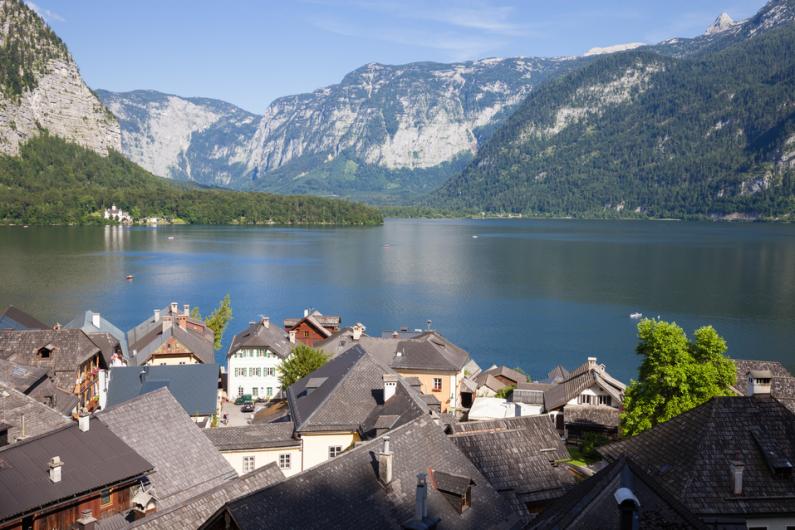
The official language in Austria is Standard German, which is a dialect-free pronunciation of the German language. In contrast to Upper German – the dialect spoken in southern Germany, Austria, and in some regions in Switzerland – Standard German is the generally accepted written form of the German language.
However, pure written German has little relevance in the everyday life of most Austrian regions. Austrians love to use and cultivate their regional dialects in their everyday life. Upper German is used as the basic framework of the language, but there are many regional influences, and connoisseurs of the language can identify which region a speaker comes from.
As in all languages, there are also very different dialects in Austria depending on the region –with some regions being linguistically close to each other.
There are two main dialect ‘families’ in Austria
Alemannic dialects are spoken mainly in Vorarlberg and in parts of Tyrol. Bavarian dialects are more common in the rest of Austria.
The dialects are spoken beyond Austria’s borders as well. For example the Alemannic ones are spoken as far as Alsace, Swabia (Schwaben) and Baden-Württemberg, while the Bavarian dialects can be heard as far as Old Bavaria (Altbayern). The various dialects are fluid and subtle changes in dialect can be detected within a few kilometres of one area to another.
Dialects change over time
While in larger cities such as Linz or Graz dialects are now spoken much less frequently, rural communities hold on to their regional dialects more. Nevertheless, remnants of the respective dialects remain – a Viennese thriller is clearly different in its language to a thriller filmed in Munich, but both are equally easy to understand for the uninformed. Clear distinctions between dialects are no longer conducive to professional environments today and because people of different origins are mixing in the cities, a more uniform dialect has evolved.
In the countryside, on the other hand, people traditionally stick to their own language roots and use the regional dialect in everyday use, because there are fewer problems with communication among themselves.
FAQ about dialects in Austria
Why do you hear Bavarian dialects in Austria?
The region, which today is divided into Austria, Bavaria and Swabia, linguistically belongs to a single region in terms of dialect. Bavarian dialects can be heard across borders in all regions that are geographically close to each other. Language and dialects have not followed borders between regions and the dialects have remained as a connecting link.
Where does the term Piefke come from?
The term Piefke is a derisory term in Austria referring to a person who comes from the north of Germany. A resident in Salzburg who comes from Munich is considered to be a Piefke and "Zuagroasta" (migrant) and not from the immediate vicinity. Today's use of the surname Piwka (originally Slavic, becoming Piwke, and then Piefke), probably originates from a story by Wilhelm Busch (“Plisch und Plum”), who gave this surname to a stiff Englishman.
Add new comment